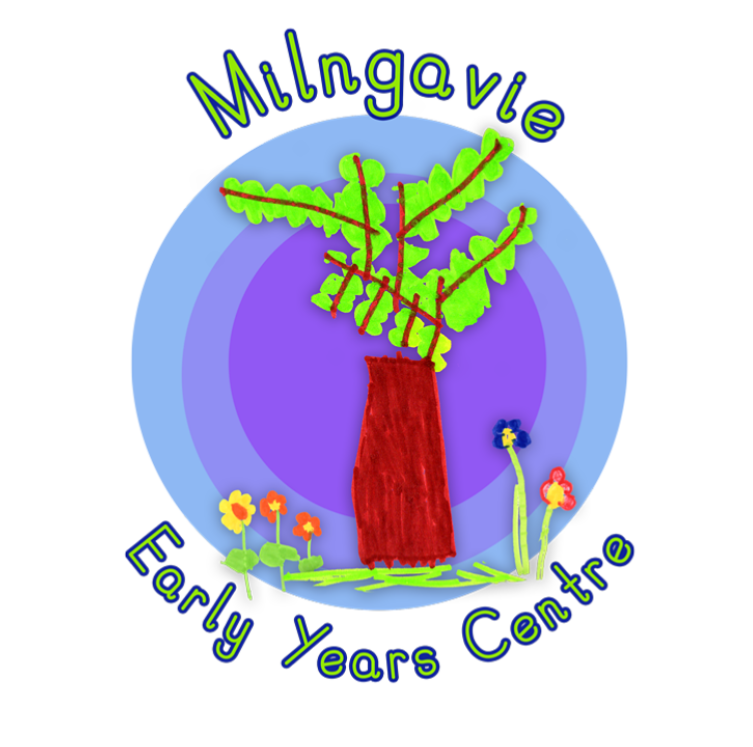Due to Covid, we have been unable to invite parents into nursery for information sessions or family learning workshops this year. We would still like to be able to keep you informed about the way we deliver the Early Level Curriculum, and the ways you might support your wee one at home with their learning. One of our Early Years Practitioners, Fiona Drysdale, has written an excellent article on emergent literacy and we would like to share it with you. We hope this will be of interest, and welcome your comments or any questions you might have.
Text is Everywhere! Letters are all around us!
Text found in our everyday environment can help develop your child’s emerging pre-reading and writing skills.
Within Curriculum for Excellence; a text is the medium through which ideas, experiences, opinions and information can be communicated.
Text includes traditional written and print form but also orally, electronically or on film.
Our Curriculum for Excellence framework takes into consideration the increased use of technology such as digital communication, social networking as well as other forms that are encountered by children and their families in their daily lives.
Examples include:
Books, short stories, poems, reference texts
The spoken word
Charts, maps, graphs and timetables, advertisements, promotional leaflets
Comics, newspapers and magazines
Letters and emails
Films, games and TV programmes
Labels, signs and posters
Recipes, manuals and instructions reports and reviews
Text messages, blogs and social networking sites web pages.
In an Early Learning and Centre environment, children are exposed to lots of different materials geared at reading and writing. When preparing activities and our environment, both inside and outside, staff at Milngavie incorporate print that is meaningful to the children.
Not only are the materials readily available to access as the children wish, but their utilisation comes naturally, through play and natural curiosity.
One way to make this meaningful is with the use of environmental print.
Environmental Print in Early Literacy Development environmental print is the print we see every day in the world around us. It marks the beginning of recognising words and letters as children learn to read and write. Children can have fun learning to read even when books are not available.
Environmental print can include the print from digital technology, posters, controls on household appliances, logos and designs on clothing, road signs, food labels and shop signs.
Children typically read print from their environment before reading print in books (Clay, 1993; Goodman & Altwerger, 1981).
Children recognise famous logos at home, at nursery, at their friend’s house and while travelling.
It is an important step in learning to read print.
At home children can identify their favourite box of cereal, tv show or game. While in the car (or walking) they can see and learn to identify restaurants and shops by their signs and logos.
Environmental print can stimulate talk about literacy as children ask questions.
It can prompt children to identify letters in signs that also occur in other words that are important to them such as their own name.
Continue this learning by asking your child what sound the letters make in the word.
Can they think of another word that begins with the same letter?
Can they find that same letter somewhere else in their local environment or at home?
Children developing an understanding that print is meaningful also promotes early writing skills. Children often imitate the writing they see for example making their own cards, notices, shopping lists and signs.
Environmental print provides lots of opportunities for children to interact with letters, sounds, and words which will help them become more aware of the language that surrounds us every day.
Fiona Drysdale
September 2020




